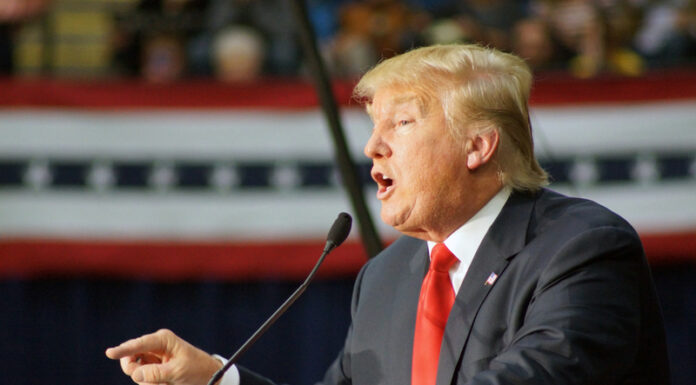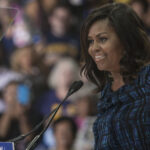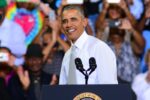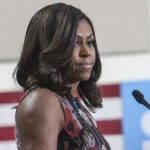President Donald Trump launched a scathing attack on New York Times reporter Maggie Haberman on Friday, March 21, claiming she “owes” him her Pulitzer Prize after her co-authored report about tech billionaire Elon Musk allegedly receiving sensitive military information.
The presidential outburst came in response to a New York Times article co-written by Haberman that claimed Musk, who serves as a White House advisor and leads the Department of Government Efficiency (DOGE), would be briefed on potential U.S. military plans in the event of a conflict with China. The report cited two unnamed U.S. officials as sources.
The president took to his Truth Social platform to blast the newspaper, calling it “one of the worst and most purposely inaccurate newspapers anywhere in the World.” Trump claimed the Times’ false narrative suggested Musk would betray U.S. interests by sharing sensitive information with Chinese officials due to his business connections in the country.
He also criticized CNN for amplifying the story, accusing the network of running with a ridiculous and false story that was potentially libelous, while mocking their viewership numbers.
Trump’s tirade quickly escalated to name-calling as he referred to Haberman as “Maggot Hagerman,” claiming she’s a dishonest reporter who fabricates sources when writing about him, and insisting he hasn’t spoken to her in years.
Haberman was part of a team at The New York Times that covered investigations into Trump and his advisers’ ties to Russia, work that earned her a Pulitzer Prize in 2018. Referencing this award, Trump wrote: “She lead the Russia, Russia, Russia Hoax, only to realize that she was duped and got it wrong. She owes me a totally discredited Pulitzer Prize for her bad reporting.”
The president concluded his post with an all-caps declaration: “The Fake News is the ENEMY OF THE PEOPLE…And Elon is NOT BEING BRIEFED ON ANYTHING CHINA BY THE DEPARTMENT OF WAR!!!”
Musk himself weighed in on the controversy, denouncing the Times report. He threatened that Pentagon officials who leaked false information to the New York Times would be identified and prosecuted. He later added that the newspaper was nothing but propaganda.
The disputed report in question claimed that Musk would receive highly sensitive information about potential military strategies against China. According to multiple sources who spoke to various news outlets, the original plan was for Musk to attend a Pentagon briefing that would touch on China-related matters, though the exact nature of this briefing became a matter of heated dispute.
Trump later elaborated on his position during comments at the White House, telling reporters, “I don’t want to show that to anybody. But certainly, you wouldn’t show it to a businessman who is helping us so much. He’s a great patriot… But I certainly wouldn’t want — you know, Elon has businesses in China, and he would be susceptible perhaps to that.”
The President’s acknowledgment of Musk’s potential conflict of interest regarding China marked a rare instance of Trump publicly placing limits on his close advisor’s expansive role in the administration.
Despite the controversy, Musk did visit the Pentagon on Friday and met with Defense Secretary Pete Hegseth for over an hour. As he departed the building, Musk told reporters the meeting was great, as always, and reminded them he had visited the Pentagon before. He refused to discuss what they spoke about.
Hegseth maintained that the meeting focused on DOGE initiatives, innovation, and efficiency measures at the Pentagon rather than war planning. He emphatically denied to reporters at the White House that any war plans or Chinese war plans were discussed.
The Times report had described a potential briefing that would include detailed slides outlining U.S. military strategy for a conflict with China, covering everything from threat indicators to potential Chinese targets.
Several defense officials confirmed to various news outlets that while there had been plans for Musk to receive some form of China-related briefing, the plans changed after the Times published its report. Instead of meeting in the secure Joint Chiefs conference room known informally as “the tank,” Musk met with Hegseth in his office.
The controversy highlights the ongoing tensions between the Trump administration and major news outlets, particularly The New York Times, as well as the unusual role that Musk plays as both a private businessman with significant foreign business interests and a key advisor to the president with apparent access to sensitive government information.
The New York Times has stood by its reporting on the matter, though neither Haberman nor the newspaper has issued a direct response to Trump’s personal attacks.








